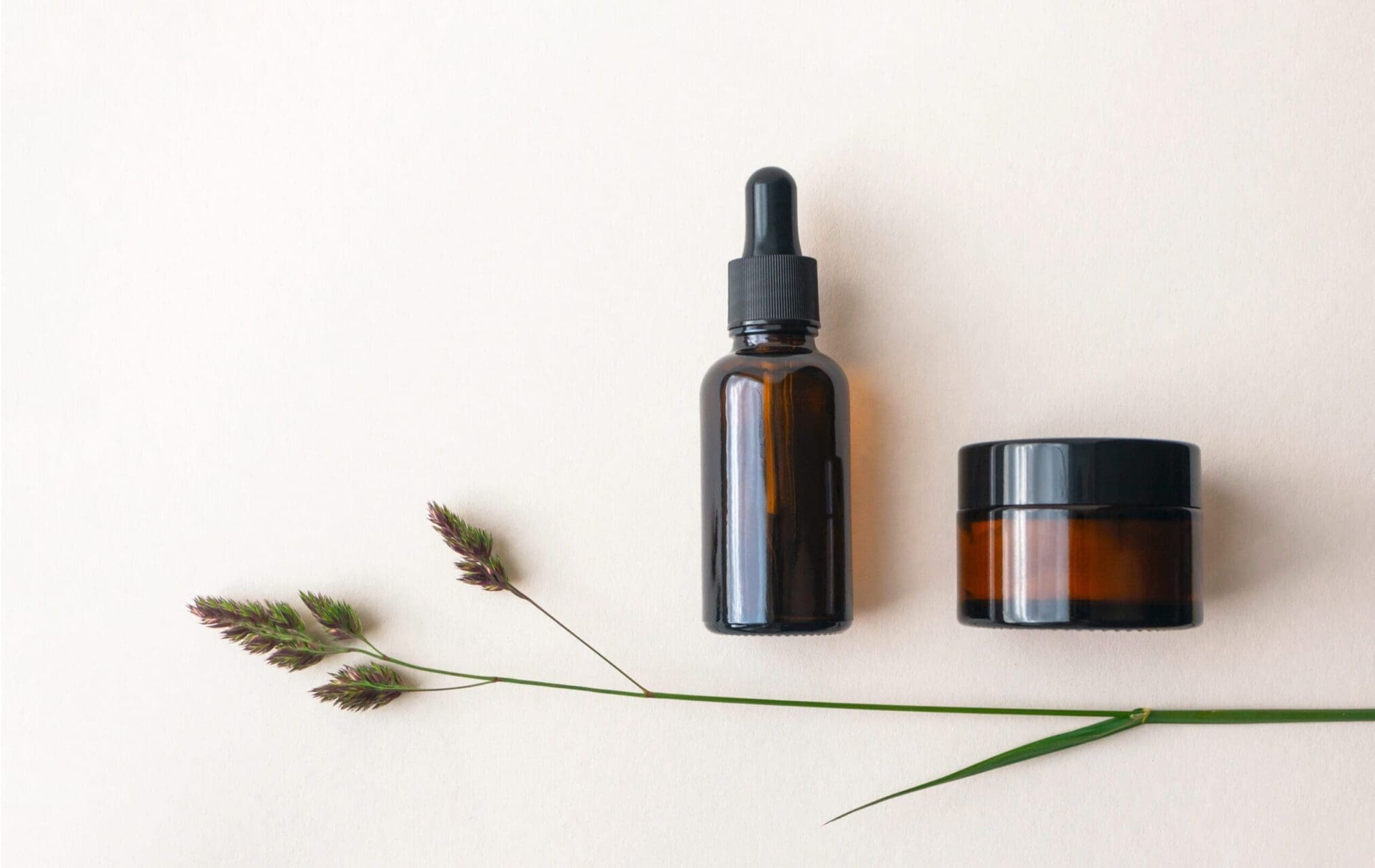In March 2015, the European Commission changed its position concerning cosmetics in the Transatlantic Trade and Investment Partnership (TTIP). This represents a major shift on the impact that the TTIP will have on the EU cosmetics market.
What is the TTIP, and what impact does it have on cosmetics?
The TTIP is a bilateral agreement between the European Union and the United States of America aiming to establish a free trade space between the two markets and promoting investments between the two territories.
Since July 2013, the European Commission has been in charge of the negotiations on the EU side on behalf of the EU Member States.
The cosmetics industry is directly affected by the TTIP negotiations, since the free trade negotiations include cosmetics and toiletry products.
The negotiations on cosmetics are encountering two main issues:
– The regulatory approach to cosmetics is very different in the EU and the USA – for starters, the definition of a cosmetic product according to the EU cosmetics regulation 1223/2009 does not overlap with the US definition.
– Many cosmetic ingredients banned or restricted in the EU are permitted in the USA. According to the European Consumer Organisation (BEUC), more than 1,300 substances are prohibited in cosmetics in the EU, while only 11 are in the US
The change of position of the European Commission
Previous versions of the EU position on cosmetics in the TTIP made reference to “mutual recognition” of banned, permitted and restricted cosmetic ingredients, which was seen as a major threat to consumers’ interests in the EU cosmetics market.
In the new version of the EU position, there is a significant change of approach: the “mutual recognition” principle is removed, and it focuses instead on standards harmonization – for instance, GMP standards and cosmetics testing protocols – collaboration in cosmetics safety assessment methods and establishment of more similar labelling requirements.
With more than 25 years of regulatory experience, it would be our pleasure to help and advice you on the EU cosmetics market and on banned cosmetic ingredients in the EU. If you would like to know more on EU regulations on cosmetics products, please contact us.


